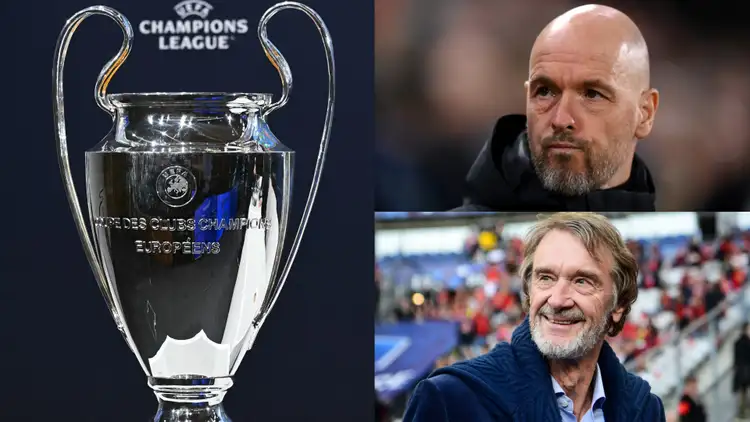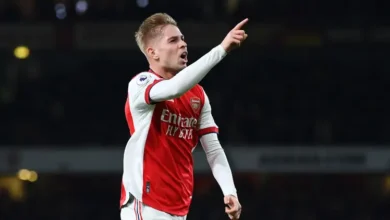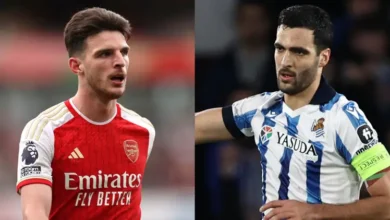The massive cost of Man Utd missing out on Champions League football next season

As the race for Champions League qualification intensifies, Erik ten Hag’s Manchester United faces a daunting challenge. Their upcoming clash against Chelsea at Stamford Bridge carries immense significance, with victory deemed essential to keep their Champions League aspirations alive. Thirteen years since their enthralling encounter with Chelsea in the Champions League quarter-finals, United’s fortunes have drastically shifted, leaving them in dire need of a European resurgence.
While Chelsea’s fate in European competitions seems sealed with their current 12th position in the Premier League, Manchester United clings to a glimmer of hope. Despite their lackluster performance in a 1-1 draw against Brentford, United’s quest for a fifth-place finish remains within reach. Closing the nine-point gap behind Tottenham Hotspur to secure a coveted Champions League spot hinges on pivotal victories like the upcoming battle at Stamford Bridge.
However, the repercussions of failing to secure Champions League qualification loom large for Erik ten Hag’s side. The financial ramifications are staggering, with access to the lucrative €2.5 billion prize pot of the Champions League hanging in the balance. United’s participation in this season’s Champions League garnered a share of the €2.1 billion distributed by UEFA to participating clubs. With the competition’s expansion in the upcoming season, the prize pool is set to swell, offering substantial financial incentives to qualifying teams.
The contrast in earnings between the Champions League and Europa League is colossal. While teams like Sevilla earned a modest €21.8 million from winning the Europa League, Champions League participants reaped far greater rewards. United’s potential earnings of up to €60 million from UEFA for their brief Champions League campaign this season exemplify the stark difference in financial returns between the two competitions.
Moreover, the allure of Champions League football extends beyond financial gains. United’s failure to consistently qualify for the tournament has hindered their ability to attract top talent. Players like Jude Bellingham and Erling Haaland opted for clubs offering Champions League football, leaving United scrambling to secure marquee signings.
Financial fair play constraints further compound United’s predicament. Failure to meet UEFA’s break-even requirements could result in hefty fines, jeopardizing the club’s financial stability. The Premier League’s Profitability and Sustainability Rules impose additional constraints, emphasizing the imperative of Champions League qualification for United’s fiscal health.
Furthermore, the managerial tenure at United hangs precariously on Champions League qualification. History dictates that no manager has survived a full season without securing Champions League qualification since Sir Alex Ferguson’s retirement. With the club’s ownership undergoing structural changes, the stakes are higher than ever for Erik ten Hag’s future at the helm of Manchester United.
As United’s Champions League aspirations teeter on the edge, the outcome of their showdowns on the pitch could dictate the club’s trajectory for years to come. The battle for Europe’s elite competition rages on, with Manchester United’s financial stability and managerial stability hanging in the balance.



